In 2007, Morocco submitted to the United Nations what it called the “Initiative for Negotiating an Autonomy Statute for the Sahara” (document no. S/2007/206), presenting it as a “realistic political solution” to the conflict that has persisted since 1975.
However, an analysis of the proposal’s content from the perspective of international law and historical and political facts reveals that it does not amount to genuine autonomy. Instead, it institutionalizes administrative subordination within Moroccan sovereignty. Therefore, acceptance of the plan is impossible for the Sahrawi people, who demand their inalienable right to self-determination and independence.
⸻
I. General Framework of the Moroccan Initiative
The Moroccan document explicitly states that the proposal is presented “within the framework of the sovereignty, national unity, and territorial integrity of the Kingdom of Morocco.”
It defines the “autonomous region” as a part of Morocco that is granted limited powers in managing its local affairs.
From the outset, it is clear that the project remains confined within Moroccan sovereignty, meaning that all political and legal outcomes would remain subject to the Moroccan Constitution — not to the will of the Sahrawi people as a distinct legal and historical entity.
Thus, the very foundation of the proposal contradicts the principle of self-determination as defined in UN General Assembly resolutions 1514 and 2625, which affirm that colonized peoples have the exclusive right to freely determine their political status without any prior conditions or supervision by the occupying power.
⸻
II. Content of the Proposed Institutional Structures
1. Regional Parliament
Morocco proposes creating a “regional parliament” elected partly by universal suffrage and partly by “Sahrawi tribes.”
This formula transforms the legislative body from a representative institution into a conditional tribal entity, undermining the democratic principle of equal representation for all citizens.
Relying on tribal mechanisms also reintroduces pre-modern social structures, contradicting the spirit of contemporary political autonomy based on citizenship.
2. Executive Authority
According to the document, the regional government’s president would be appointed in agreement with the King and would simultaneously serve as the representative of the central state in the region.
This completely empties the concept of “self-governing authority” of its meaning, since the president would derive his legitimacy from the central power, not from the people of the territory.
In this sense, the proposed government would function merely as a subordinate local administration lacking independent executive legitimacy.
3. Judiciary
The proposal provides for regional courts but maintains that constitutional and final cases remain under the jurisdiction of Morocco’s Supreme Court.
Consequently, the region would have no genuine judicial independence, remaining under the control of the national judiciary representing the central state — contrary to the core principles of autonomy defined by the UN Sub-Commission on Prevention of Discrimination (1992).
⸻
III. The Legal Nature of the Proposal
From the standpoint of international law, true autonomy is characterized by:
• Being the result of a freely exercised right to self-determination.
• Possessing internal sovereignty over legislative, administrative, and resource-related affairs.
• Emerging through an international agreement or under UN supervision, not through a unilateral act by the occupying power.
However, the Moroccan proposal:
• Is a unilateral initiative presented by Morocco without consulting or involving the Sahrawis’ legitimate representative, the Polisario Front.
• Conditions negotiations on prior recognition of Moroccan sovereignty, which nullifies the very essence of negotiation.
• Lacks any independent international mechanism for implementation, monitoring, or guarantees.
Therefore, it cannot be considered an exercise of self-determination, but rather an attempt to redefine it internally to fit Morocco’s political interests.
⸻
IV. Fundamental Reasons for Sahrawi Rejection of the Proposal
1. The Legal Right to Self-Determination and Independence
The Sahrawi people are recognized by the United Nations as a Non-Self-Governing Territory since 1963.
This status can only be changed through a free and fair referendum under UN supervision, not through an administrative arrangement within a state that occupies the territory.
2. Lack of International Guarantees
The Moroccan proposal includes no commitment to UN supervision or independent monitoring, leaving the fate of the territory entirely in the hands of the same central authority accused of human rights violations in the region.
3. Centralized Control over the Three Branches of Power
The proposed structures — legislative, executive, and judicial — remain under the authority of the King or central institutions, negating any real self-governing capacity.
4. Exclusion of the Legitimate Representative of the Sahrawi People
The Polisario Front, recognized internationally as the sole legitimate representative of the Sahrawi people, was excluded from drafting the proposal, rendering it politically illegitimate.
5. Denial of Sahrawi National Identity
The proposal does not acknowledge the existence of a “distinct Sahrawi people,” but rather refers to “the populations of the Moroccan Sahara,” deliberately erasing a historically and culturally documented national identity — effectively denying the very existence of the party concerned.
⸻
V. Comparative Analysis with International Autonomy Models
When compared with genuine autonomy models such as Catalonia (Spain), the Azores (Portugal), or Greenland (Denmark), the essential difference becomes clear:
These regions possess local constitutions, fully elected governments, independent judicial systems, and varying degrees of participation in foreign relations.
By contrast, Morocco’s proposal retains all essential powers in the hands of the central state, granting only limited administrative control over local services and development — more akin to enhanced decentralization than to true political autonomy.
⸻
Conclusion
The Sahrawi rejection of Morocco’s autonomy proposal does not stem from political stubbornness but from a legitimate legal right and a reasoned analysis of the proposal itself.
Despite its conciliatory language, the initiative seeks to entrench the status quo under the guise of “autonomy,” without recognizing Sahrawi sovereignty over their land or their right to self-determination.
Accepting it would therefore mean abandoning the very principle of self-determination — the foundation of the peace process since the establishment of the UN Mission for the Referendum in Western Sahara (MINURSO) in 1991.
Accordingly, the Sahrawi position is rooted in international law, not transient politics, since any solution that does not include a free, UN-supervised referendum cannot reflect the genuine will of the Sahrawi people nor achieve a just and lasting peace in the region.

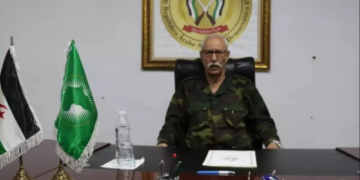
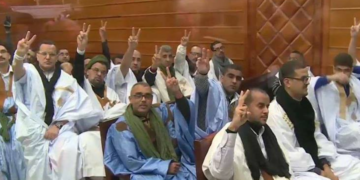
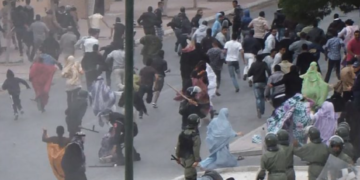
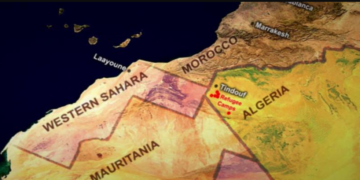
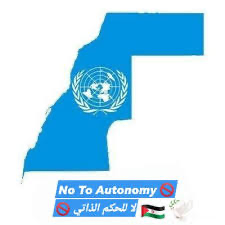

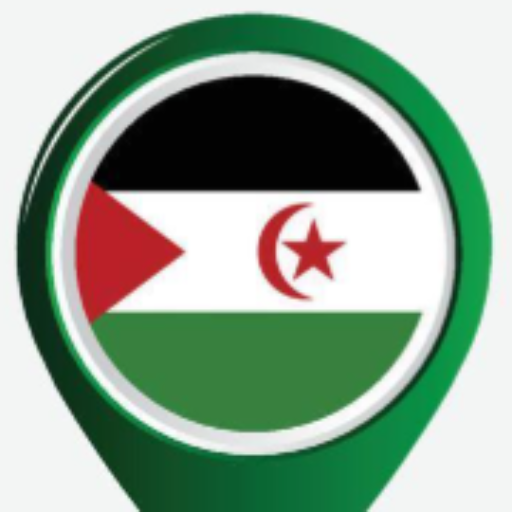
The Sahrawi people should not accept the so-called autonomy plan, because it would be manipulated by the Moroccan regime.